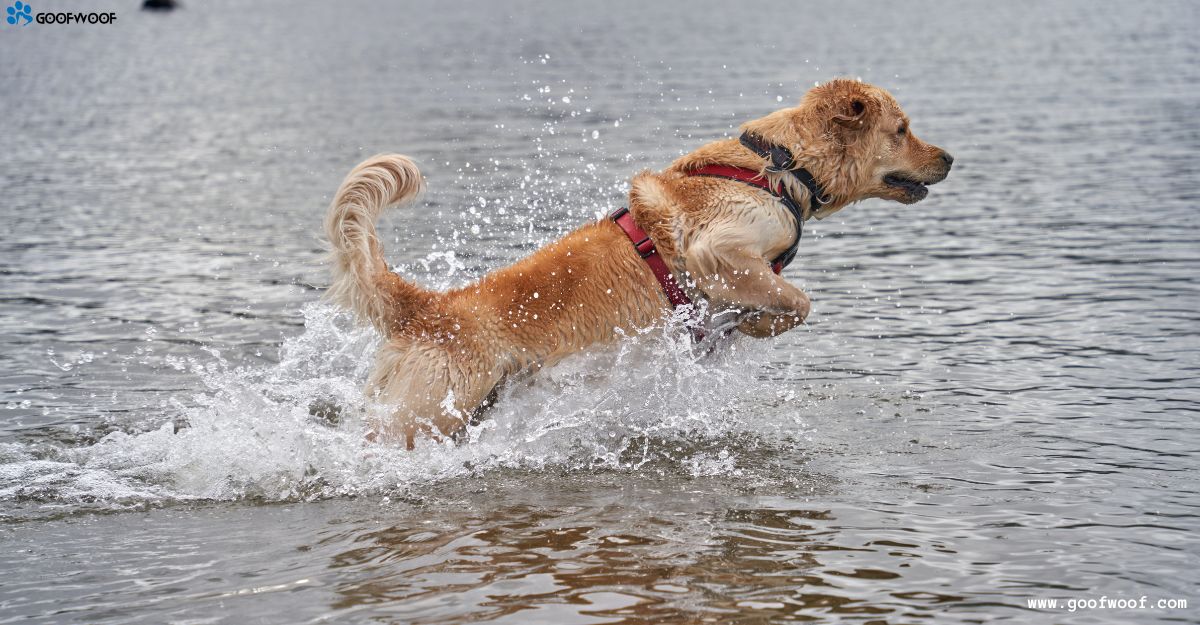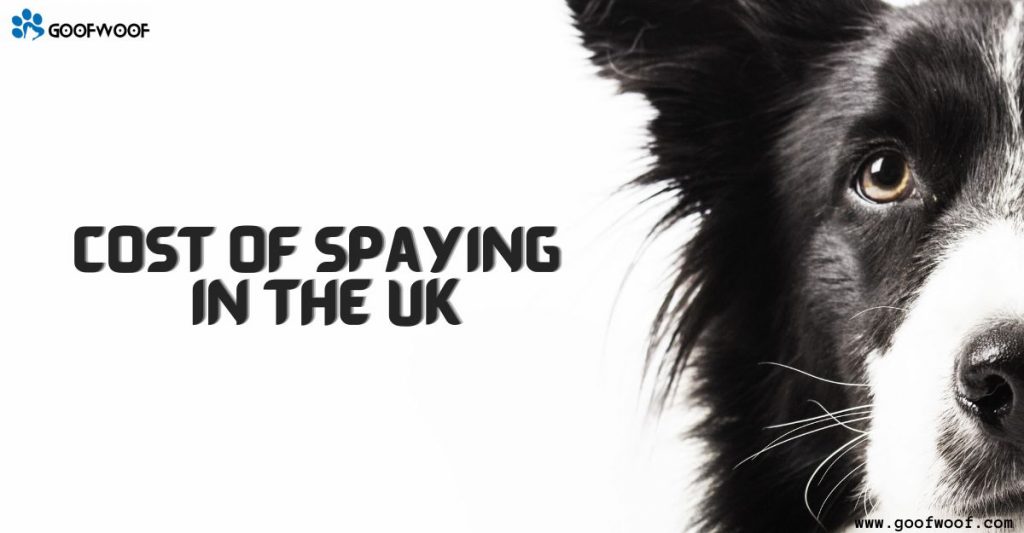Golden Retrievers are a popular breed of dog known for their friendly and outgoing personalities, as well as their striking, golden-colored coats. Golden Retrievers are a friendly and outgoing breed that make great family pets. They are intelligent and easy to train, but they do require regular exercise and grooming.
Some basic care guidelines for a Golden Retriever include:
Feeding:
A proper diet is essential for a Golden Retriever to maintain their health and well-being. The specific dietary needs of a Golden Retriever will depend on their age, size, and activity level.
In general, a Golden Retriever should be fed a high-quality, nutritionally balanced diet that is appropriate for their life stage. This can include dry kibble or a mix of dry kibble and wet food. It’s also important to measure the food and avoid overfeeding to avoid obesity, which is a common health problem for this breed.
Puppies: Puppies should be fed a high-quality, puppy-specific diet that is formulated to meet their growth and development needs. They should be fed 3-4 small meals per day, until they reach 6 months of age and can be gradually transitioned to 2 meals per day.
Adults: Adult Golden Retrievers should be fed a diet that is formulated for adult dogs. The amount of food will depend on the individual dog’s size, weight, and activity level, but typically they will require 2 to 3 cups of high-quality dry food per day, spread out over 2 meals.
Senior: Senior Golden Retrievers should be fed a diet that is formulated for older dogs, with reduced calories and added joint support. As they get older, it’s also important to monitor their weight and adjust their food intake as needed to maintain a healthy weight.
It’s important to also keep in mind that water should be always available to them and try to switch up protein source, if possible.
In addition to the above guidelines, it is important to consult with a veterinarian to determine the specific dietary needs of your Golden Retriever, taking into account any individual health concerns or issues that might affect their nutritional requirements.
Exercise:
Golden Retrievers are an active and energetic breed that require regular exercise to maintain their physical and mental well-being. They are typically very eager to please and love to spend time with their owners, so exercise is often a fun and enjoyable activity for both the dog and the owner.
Here are some general guidelines for exercising a Golden Retriever:
- Daily walks: Golden Retrievers should be taken on at least one long walk per day, with additional shorter walks or playtime as needed. A long walk should be at least 30 minutes, but longer walks are even better.
- Playtime: Golden Retrievers love to play and are very responsive to toys and interactive games such as fetch, tug-of-war, and hide-and-seek. These types of playtime can be done in the yard or park.
- Activities: Golden Retrievers are versatile and enjoy different types of activities such as swimming, agility,, tracking and hunting. These can provide more opportunities for physical and mental stimulation.
- Off-leash time: If safe, giving them opportunity to have some off-leash time can be beneficial as well.
It’s important to note that as a breed Golden Retrievers are prone to hip dysplasia and elbow dysplasia, also they can be prone to obesity. So, it’s important to consult with your vet to ensure that your dog’s exercise routine is appropriate for their health condition, and adjust it if necessary.

Training:
Golden Retrievers are intelligent, which makes them relatively easy to train. With the right approach, Golden Retrievers can be trained to do a wide variety of tasks and tricks. Here are some general guidelines for training a Golden Retriever:
- Start early: The earlier you start training your Golden Retriever, the easier it will be. Puppies are most receptive to training from 8 to 12 weeks old, although training can and should continue throughout their life.
- Use positive reinforcement: Golden Retrievers respond best to positive reinforcement training methods, such as praise, treats, and affection. Avoid using physical punishment or negative reinforcement, as these methods can damage the bond between you and your dog.
- Be consistent: Consistency is key in training a Golden Retriever. Use the same commands and rewards every time, and make sure all members of the household are using the same training methods.
- Break training into small steps: Break down complex tasks into small, manageable steps and train one step at a time. This will make it easier for your dog to understand what is expected of them.
- Socialize them: Golden Retrievers are a friendly and outgoing breed and need to be exposed to different people, animals, and environments from a young age to prevent behavioral issues later on.
- Basic obedience: Teaching basic obedience commands such as sit, stay, come, heel and down is a great way to start training your Golden Retriever, which can help to establish your role as a pack leader, and provide a foundation for more advanced training later on.
- Obedience training classes: Signing up to a formal obedience class can be an excellent way to learn how to train your Golden Retriever properly, and to socialize them with other dogs and people.
Golden Retrievers are a highly trainable breed, and with patience, consistency, and a positive attitude, you can teach your dog a wide range of behaviors and skills.
Grooming:
Golden Retrievers have a thick, double coat that requires regular grooming to maintain its condition and keep it looking its best. Here are some general guidelines for grooming a Golden Retriever:
- Brush regularly: Golden Retrievers should be brushed at least once a week, and more frequently during shedding season, to remove loose hair and prevent matting and tangling. A slicker brush or a metal comb with fine teeth will work well to remove tangles.
- Bathe occasionally: Golden Retrievers should be bathed only when necessary, as over-bathing can strip the natural oils from their coat. When they do need a bath, use a high-quality, dog-specific shampoo.
- Trim hair around ears and paws: Golden Retrievers have long hair around their ears and paws, which can be trimmed to keep it from getting too long or matted.
- Clean ears: Clean Golden Retriever’s ears regularly, particularly if they are prone to ear infections. Use a gentle ear cleaner and cotton balls or pads, but never insert anything deep into their ear canal.
- Brush teeth: Brushing your Golden Retriever’s teeth regularly is an important aspect of their grooming routine and can help prevent dental problems. Use a toothbrush and toothpaste specifically made for dogs.
- Trim nails: Keep an eye on your Golden Retriever’s nails and trim them when they get too long. Avoid cutting them too short, as this can cause bleeding and pain.
- Grooming your Golden Retriever regularly will help to keep their coat in good condition, prevent matting and tangling, and allow you to check for any signs of skin irritation or infection. By starting grooming sessions when the dog is still a puppy, you can help make the process more enjoyable for your dog and get them used to being handled.
It’s important to note that grooming a Golden Retriever can take time and practice, if you have concerns or are unsure about proper grooming techniques, it is recommended to consult with a professional groomer or your veterinarian for advice.

Health:
Golden Retrievers are generally a healthy breed, but like all breeds, they can be prone to certain health issues. It’s important to be aware of these potential health issues and to take steps to maintain your Golden Retriever’s overall health and well-being.
Some common health issues in Golden Retrievers include:
- Hip dysplasia: This is a genetic condition in which the hip joint doesn’t develop properly, leading to arthritis and lameness.
- Elbow dysplasia: A genetic condition that affects the development of the elbow joint and can cause arthritis and lameness.
- Bloat: A potentially life-threatening condition in which the stomach fills with gas and twists on itself.
- Cancer: Golden Retrievers have a higher-than-average risk of developing certain types of cancer, such as lymphoma and hemangiosarcoma.
- Allergies: Some Golden Retrievers can develop skin and food allergies, which can cause itching, redness, and hot spots.
- Obesity: Golden Retrievers are prone to weight gain, so it’s important to provide them with a balanced diet and regular exercise to maintain a healthy weight.
- Eye problems: Golden Retrievers are prone to certain eye problems.
To maintain your Golden Retriever’s health, it’s important to:
- Visit your veterinarian for regular check-ups and vaccinations.
- Monitor them for any signs of illness or discomfort, and seek veterinary care if necessary.
Regular check-ups and screenings with a veterinarian, as well as genetic testing can help identify potential issues early, giving you the best chance to help your pet live a long and healthy life.



